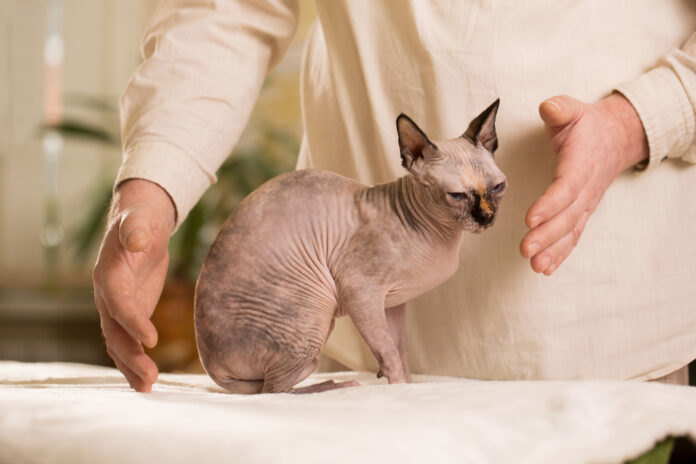4 Common Health Issues in Senior Pets and How To Solve Them

As more and more pet lovers choose to take senior pets into their homes and hearts, understanding and managing age-related health issues in elderly cats and dogs is front of mind for many pet parents. Fortunately, with the right approach to nutrition, exercise, mental stimulation and regular veterinary care, the most common health issues in senior pets can be kept at bay for as long as nature allows.
Number of Senior Pets on the Rise
Puppies and kittens may have had all the star power with prospective pet owners in the past. Today, however, animal lovers are increasingly choosing senior pets to complete their families. This, combined with pet parents totally devoted to their longtime companions and looking to keep them healthy and happy for longer, means there are more senior pets in homes than ever before.
In 2012, 42% of US dog-owning households were home to senior dogs. 46% of cat-owning households were home to senior cats. (Pets aged 7+ are categorized as seniors in this instance.) In 2022, this increased to 52% for both senior dogs and cats. (MRI-Simmons, GlobalPetIndustry.)
If you are one of these pet parents of an elderly dog or cat, you are also no doubt aware that as the number on their birthday celebration treat increases, so too do potential health issues. Furthermore, you are probably quite keen to slow the onward march of Father Time – and any associated aches and pains.
4 Common Health Issues in Senior Pets
Four of the most common health issues in senior pets, along with suggestions to minimize their impact, include:
Joint and Mobility Problems
Just like humans, as dogs and cats age they might begin to experience joint pain and stiffness. Nutrition can play a key role in supporting elderly pets experiencing joint issues. The recipes from ZIWI, for example, include ingredients like New Zealand green-lipped mussels which contain proteins like glucosamine, chondroitin, and omega 3 fatty acids – a triple threat of anti-inflammatory goodness to help repair muscle and enhance joint health and mobility.
Heart Problems
Heart disease can also develop as pets age. Signs of possible congestive heart failure include coughing, difficulty breathing, exercise intolerance, loss of consciousness and unexplained vomiting. Visit your vet as soon as possible. Ways to help support your elderly pet’s heart health before they get to that point, though, include feeding them a diet rich in amino acids like taurine (found in organs), which helps fight the buildup of plaque within arteries.
Coat and Skin Issues
Dull coat, hair loss, and uncomfortable skin conditions are also common to the aging process. Pet food recipes rich in nutrients like Omega-3 and -6 fatty acids can reduce shedding, improve softness, and up the shine factor. Meat and organs are also a great source of zinc, copper, and vitamin A, known to support cell development and hair growth, as well as repair skin damage.
Digestive Problems
GI issues in your aging dog or cat may include symptoms like unexplained vomiting or diarrhea, incontinence, and ongoing lack of appetite. Again, we recommend a visit to your vet. Long term gut health and digestion can, however, also be improved with a carnivorous diet, low in carbs and with no added fillers.
It is clear that nutrition plays a large role in your pet’s health – at every age and stage. Make sure you’re giving your senior dog or cat the right nutritional tools to set them up for healthier, happier, longer lives.





